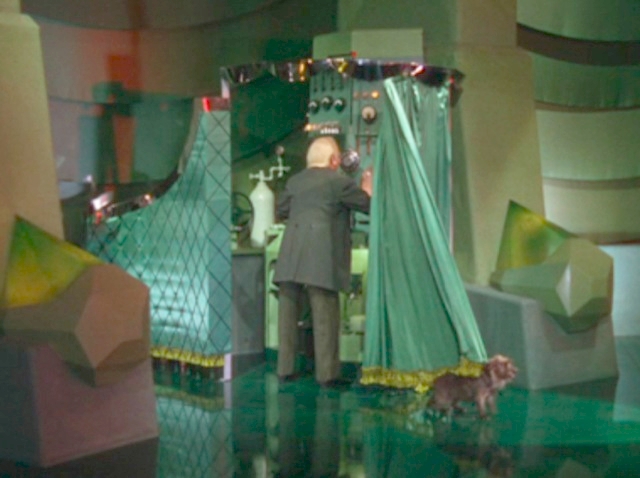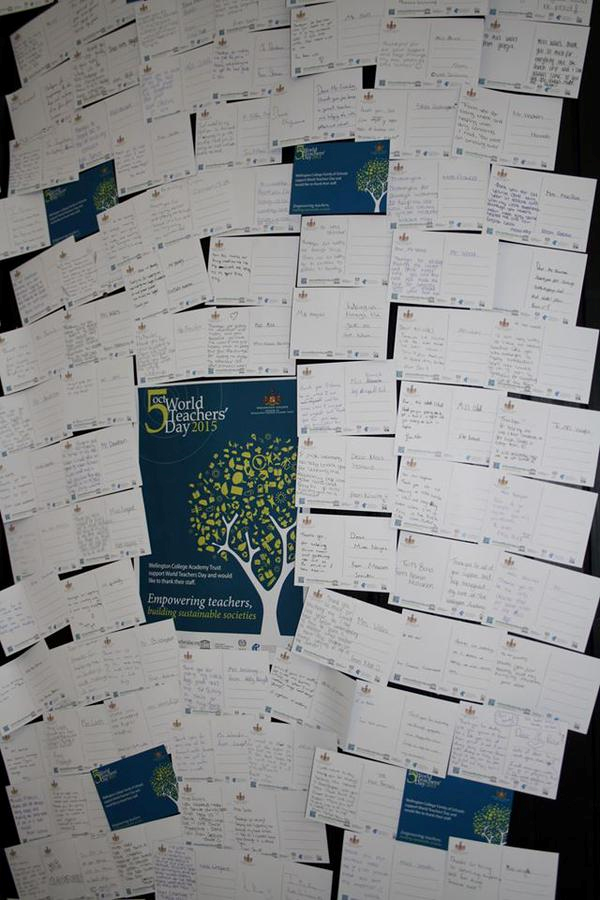Who is the man behind the machine?
I would like to publicly thank Sara Spivey, Headteacher at Springfield School. The week following an unsuccessful the interview, Sara afforded me the time to offer sincere honest, challenging, supportive and evidenced feedback. That feedback has had time to percolate, I have had time to consider her viewpoint to which I am now trying to apply myself. It was important for two reasons, her approach and what she had to say.
Delivering difficult feedback
Her approach was clear and forthright. Plain and simple. In reflection, it was the evidenced comments that have proved most impactful. It was a combination tone and her use purposeful pauses that prompted reflection and left me feeling encouraged, if disappointed. She asked my opinion or my reflection on the interview on more than two occasions but offered little more than an acknowledgement that I had replied (these were, after all my reflections). And somewhere near the end she offered her one piece of advice.
My staff suggested you had leadership qualities, but they really didn’t feel they got to know who you where… [an example of one of those pauses] the man behind the machine? [and another].
Sara Spivey
Ignoring the first part of the sentence (these weren’t the actual words but the inference) and focusing on the second half of the sentence.
Now, receiving feedback in situations like these is hardly going to be pleasant, professional medicine, however receiving feedback presented in this way was a coaching master-class in itself. I recognised that before the conversation had even finished. Not discounting the value of the evidenced feedback itself, moving forward I plan to:
- Not offer feedback on the day of an interview but offer the opportunity to secure a time to received feedback.
- Only of feedback, if the opportunity is taken up.
- Evidence clearly the feedback points (though I know and do that).
- Offer thinking time between comments.
Afterall why take up the feedback and do little with it.
More importantly I have written a very different style of “letter of application” or possible concluding paragraph for future leadership applications that reads something like;
I hope that my application communicates to you the honesty and integrity with which I aim to lead as well as demonstrating the skills required to be an effective school leader. Professionally, I am able to hold a confidence and take great pride in supporting and developing staff to build capacity within school. I am driven and task focused, combining a strong work ethic and analytical skills. I have an eye for detail and I am able to undertake careful, sustained work. Regrettably, this can result in some colleagues finding me, at times, overwhelming. In my effort to be more self-aware, I am adopting more coaching-style conversations and offering more attentive council where appropriate.
I have always taken great pride in my teaching and I have been able to share in the academic successes of many students over the years. That said, it is the personal successes of particular students that stand out and drive my interest in school leadership. I am extremely proud that many former students regularly make the effort to update me and share their personal and professional journeys as young men and women. For that reason, I have concluded that effective tutoring is essential, compassionate mentoring irreplaceable.
Personally, I am a very proud husband and father to three young, gregarious children. My wife is wonderfully supportive and my children, like so many, uplifting and demanding in equal measure. Prioritising my family then, is a key driver for future professional ambitions.
Of course, this is only a mock letter.
Lastly, note to self, at interview be more open and show “the man.”
If anyone that knows me and reads these words and feels I missed the mark, feel free to put me straight.
[qr_code_display]


